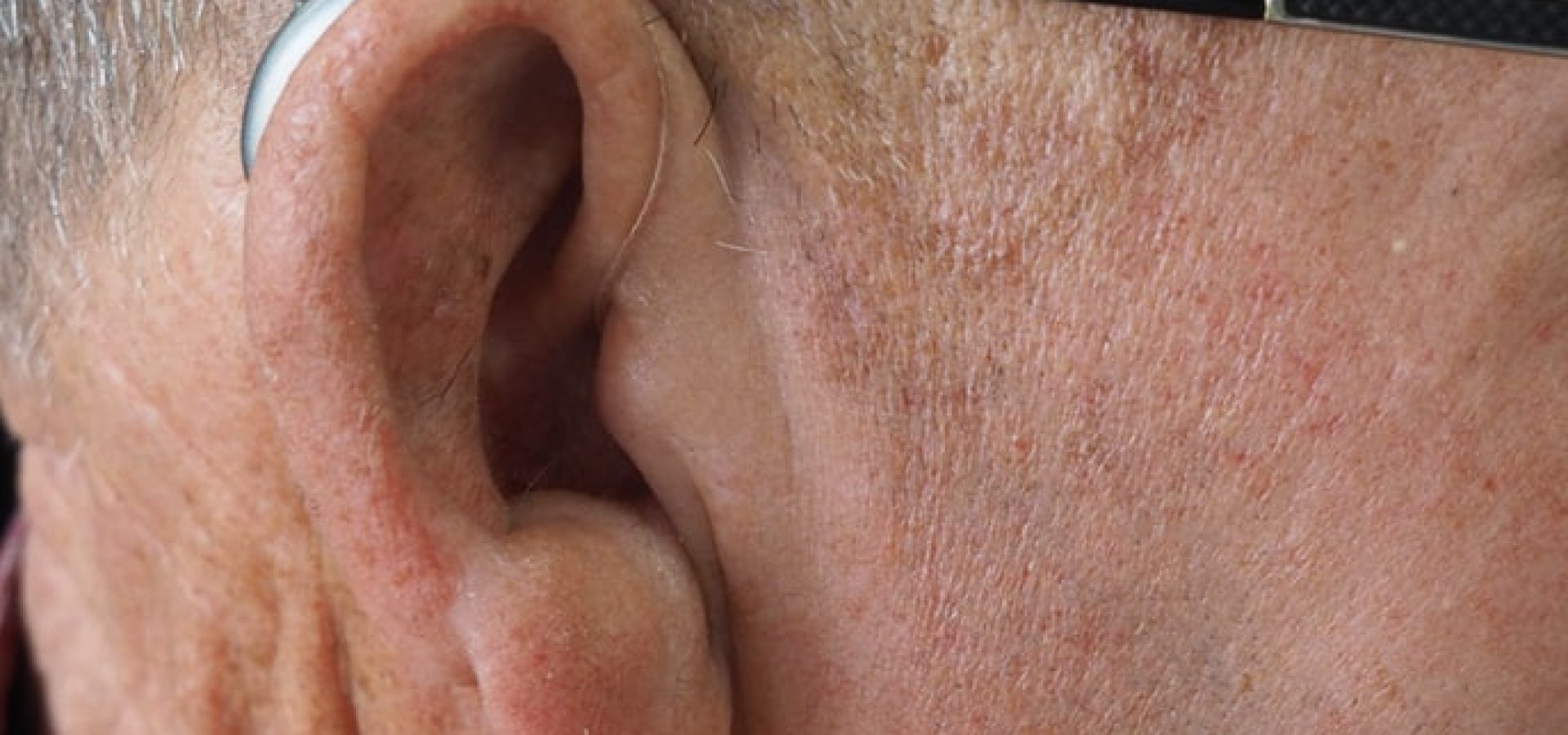Menu

Hearing loss can creep up on us over time instead of being a condition we are born with. Certain factors such as exposure to loud noises and ageing may contribute to the development of hearing loss.
According to research, the chances of developing hearing loss doubles for every decade of life. At the age of 65-74, one out of three people develop hearing loss. The statistic rises to nearly half of people by the age of 75 and increases more to four out of five people by 85 and older.
For most of us, hearing loss is normal, natural, and inevitable. It is vital to take note of the indications of hearing loss and be prepared to take action when you start developing hearing loss.
This article will run you through the steps you should take when you start experiencing hearing loss.
Getting a Hearing Test
You or your close friends and family may notice problems with your hearing, such as frequently mishearing or not hearing conversations at all. If you find yourself questioning your hearing ability, it is best to get a hearing test.
There are hearing tests available online, or you can go for a thorough definitive hearing evaluation from a hearing health care professional.
Treating It vs Ignoring It
If you are diagnosed with hearing loss, you can choose whether to ignore it or get it treated. Most people tend to leave it alone, but that can worsen the condition over time.
In some cases, the challenges of hearing loss are subtle and barely noticeable such as needing words or phrases repeated. However, it is best to get it treated when it is more evident and impactful, such as mishearing important information and feeling left out of conversations and activities. Hearing loss can be linked to increased risks of depression, anxiety, social isolation, and dementia.
What Happens During an Appointment?
Procedures and treatments may vary when visiting a hearing clinic. However, here are some standard processes you can expect:
- Filling Out Forms: You need to fill out papers about your health history and questions about your hearing.
- Hearing Evaluation: They would do a visual inspection for your ears and a hearing test in a sound booth.
- Reviewing the Audiogram: The audiogram is the graph that measures your specific hearing loss.
- Discussing Your Options: They may demonstrate your hearing aid and treatment options.
Should You Get Hearing Aids?
You will most likely be recommended hearing aids if your hearing loss is confirmed. These are the most common ways to treat hearing loss.
Most hearing issues can be fixed by hearing aids that have been fitted by experienced professionals and programmed and customized to the client’s unique hearing and lifestyle needs.
Most states require a 30-to-60-day trial period for hearing aids, so you get the opportunity to try them for yourself and experience the difference.
Conclusion
Hearing loss is normal and inevitable for most of us, so it is best to be prepared to act when you start developing symptoms of hearing loss. You can get a hearing test and see your treatment options from a hearing healthcare professional.
Are you in need of a hearing test in Abbotsford? Fraser Valley Beltone has a team of hearing instrument practitioners who can connect you with the perfect hearing aids for your comfort and lifestyle. Head on to our website to learn more!
Share Post
Facebook
Twitter
LinkedIn
Email
Reddit
Pinterest
